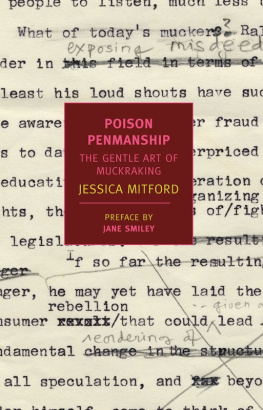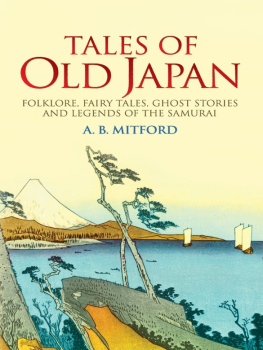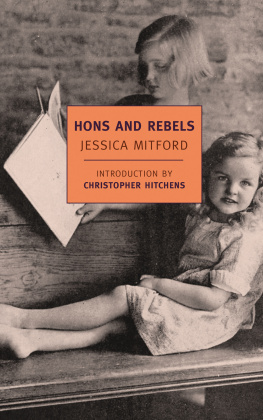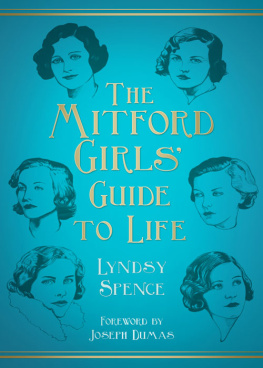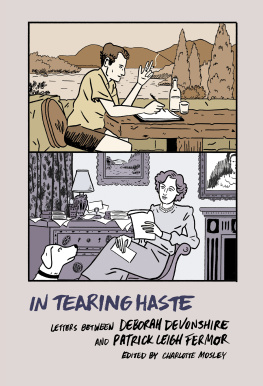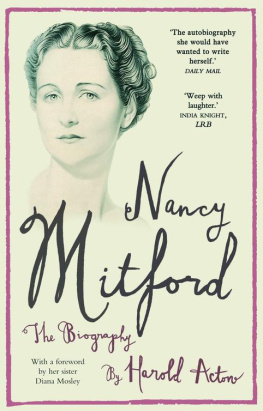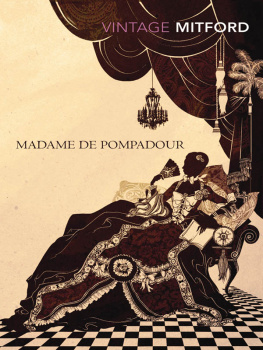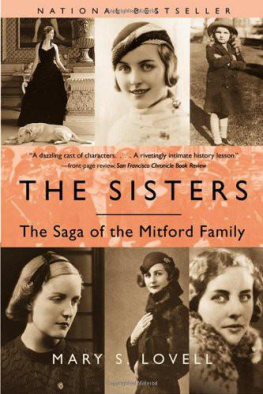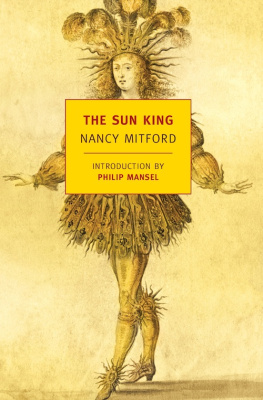JESSICA MITFORD (19171996) was the daughter of Lord and Lady Redesdale, and she and her five sisters and one brother grew up in isolation on their parents Cotswold estate. Rebelling against her familys hidebound conservatism, Mitford became an outspoken socialist and, with her second cousin and husband-to-be Esmond Romilly, ran away to fight against Franco in the Spanish Civil War. Romilly was killed in World War II, and Mitford moved to America, where she married the lawyer and political activist Robert Treuhaft. A brilliant muckraking journalist, Mitford was the author of, among other works, a memoir of her youth, Hons and Rebels (also published as an NYRB Classic); a study of the funeral industry, The American Way of Death; and Kind and Usual Punishment: The Prison Business. She died at the age of seventy-eight while working on a follow-up to The American Way of Death, for which, with characteristic humor, she proposed the title Death Warmed Over.
JANE SMILEY, winner of the 1992 Pulitzer Prize for Fiction, is the author of many novels and other works. In 2010 she published Private Life, a novel; A Good Horse, a book for young adults; and The Man Who Invented the Computer, the first volume of the Sloane American Inventors series.
POISON PENMANSHIP
The Gentle Art of Muckraking
JESSICA MITFORD
Preface by
JANE SMILEY
NEW YORK REVIEW BOOKS

New York
CONTENTS
PREFACE
If there is a more forthright, good-natured, and witty American investigative journalist than Jessica Mitford, I dont know who it would be. In the course of a career that spanned almost forty years, Mitford wrote eleven books (including a volume of letters collected after her death). Carl Bernstein, in an afterword to an earier edition of Poison Penmanship, calls her an amateur, but she was hardly inexperienced as either a reader or a writer, as her many hilarious and insightful letters show. In fact, she was self-educated, like the great majority of women writers once were (including Jane Austen and Virginia Woolf)haphazardly but effectively.
Poison Penmanship is conceived not only as a collection of occasional pieces but, since Mitford enjoyed the teaching posts she held once she had established herself as a journalist, also as a how-to book for aspiring muckrakers. The lengthy introduction describes how she got started writing and gives tipshow to gather background information, how to interview (meaning how to get antagonistic interviewees to betray themselves), how to find information not available to the general public, how to recognize a blind alley, and how to organize and write the article. She also discusses potential consequences of a career in muckraking. In the section labeled Libel, she writes, I have often been asked whether I have been sued for libel in the course of my writing career. The answer is no, alas. Mitford was careful to check her facts.
Mitford unabashedly wrote for money, and part of her charm in this volume is in the afterword to each piece, in which she describes how she came to the subject and what the challenges werethe challenges of writing about a silly upscale spa seem to have been greater than the challenges of writing about a surge in the rate of syphilis infection among teenagers of the 1960s and the refusal of NBC to air two fairly anodyne but explicit episodes of popular programs on the subject, even though the government begged the network to do so (Not in the best interests of the viewing public, said the network). Mitfords specific argument evolves into a condemnation of the bland commerciality of network TV. One wonders what she would have made of Jon and Kate Plus Eight or Fear Factor.
Above all things, Mitford liked a worthy opponent, and her weapons of choice were factual accuracy and a tone of amazement. Perhaps the best piece in here is Let Us Now Praise Famous Writers, in which she reveals the anatomy of the scam that was the Famous Writers School, a correspondence course that was advertised through magazines then sold through coercive follow-up visits by representatives. The advertising materials promised personal attention to a students manuscripts by such literary luminaries as the head of Random House, Bennett Cerf, as well as popular writers, all of whom lent their names to the advertising campaign and invested in the school, although none engaged with the students. In this piece, Miss Mitford is a bit less amused, and the result was suitable embarrassment all around.
With her customary honesty, Mitford raises the question of whether muckraking journalism is effective or not at changing the world for the better. She mentions Lincoln Steffens (who eventually decided that it wasnt) and Ralph Nader (who is still at it), as well as Robert Scheer (then young, who is also still at it). She is honest about the immediate results of her own exposssome worked better than others. From our vantage point in a time when muck is being raked (and flung) vehemently and constantly twenty-four hours a day, the question of effectiveness is overwhelmed by the question of whether any person in America with access to the media remains shockable or persuadable. In this regard, Mitford was a toiler in the muck who cared about facts and believed in the idea that her fellow citizens were generally honest and expected the same of business and government. She might have been daunted by the way that lies and spin have taken over our public discourse. But given her habit, in Poison Penmanship, of being thrilled by a good fight, I doubt it.
J ANE S MILEY
POISON PENMANSHIP
To
Rita Wiggins and Marge Frantz
with deep gratitude
for their inestimable help
INTRODUCTION
In his essay Stop the Press, I Want to Get On, Nicholas Tomalin, a talented and versatile English journalist, wrote: The only qualities essential for real success in journalism are ratlike cunning, a plausible manner, and a little literary ability. He added, The capacity to steal other peoples ideas and phrasesthat one about ratlike cunning was invented by my colleague Murray Sayre is also invaluable.
In this collection I have tried to reconstruct my own efforts, over a twenty-year period, to acquire these qualities and to demonstrate, through one persons experience, the development of investigative techniques. In the comment accompanying each piece or group of pieces, I have sought to convey something of the story-behind-the-story: how I stumbled onto the particular subject; the joys and sorrows of research, the lucky breaks and mistakes, things overlooked through sheer ineptitude for which one could kick oneself; difficulties of getting published; and in some cases the afterglow of satisfaction (how the Famous Writers went bankrupt) or the aftermath of dissatisfaction (see comment on My Short and Happy Life as a Distinguished Professor). And now, thinking it all over, I would say there are two important omissions from Tomalins otherwise excellent list of essential qualities: plodding determination, and an appetite for tracking and destroying the enemy.
As even muckrakers take an occasional day off for other pursuits, I have sneaked in some pieces that do not belong to this category because they illustrate some of the problems encountered in preparing articles for publication: The Best of Frenemies, Proceed with Caution, and Egyptomania.
I first began to think of myself as a muckraker when Time, commenting in its press section on the Famous Writers School Fracas (see page 148), called me Queen of the Muckrakers. I rushed to the dictionary to find out what I was queen of, and discovered that muckraker was originally a pejorative coined by President Theodore Roosevelt to describe journalists like Lincoln Steffens and Ida Tarbell, who in his view had gone too far in exposing corruption in government and corporate enterprise. Thus the

